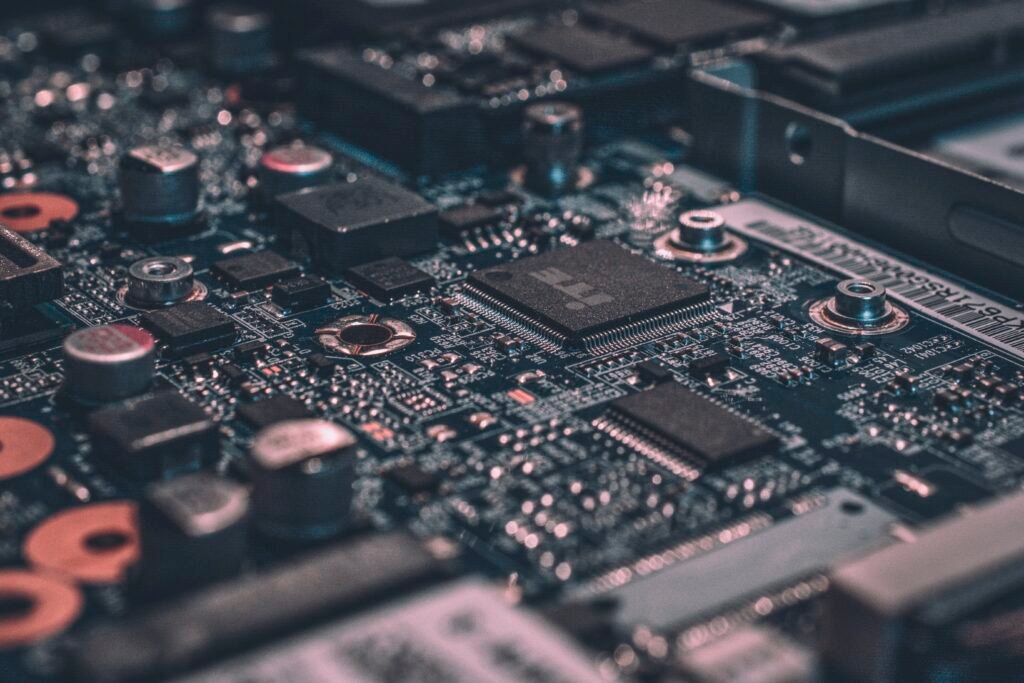Apple’s Project Titan is a captivating venture that has been making waves since its commencement in 2014. Focused on developing a self-driving car for consumers, this ambitious project has gone through numerous changes and delays along the way. Initially envisioning a fully autonomous vehicle, Apple has since scaled back its plans to a design that resembles a traditional car, albeit with limited self-driving capabilities on highways. Spearheaded by notable figures such as John Giannandrea, Apple’s AI and machine learning chief, and Kevin Lynch, renowned for his work on the Apple Watch, the project boasts features like a high-powered Apple-designed chip, advanced sensors, and a suite of LiDAR sensors, radar sensors, and cameras for self-driving functions. With ongoing talks with potential partners in the automobile industry and testing of self-driving vehicles already underway, Apple aims to make its mark by launching the highly-anticipated autonomous car by 2026, a high-end model priced under $100,000.
Project Titan: Apple’s Self-Driving Car
Overview of Project Titan
Apple’s venture into the world of self-driving cars, known as Project Titan, began in 2014. The company’s aim is to develop a consumer-focused vehicle that combines cutting-edge technology with the sleek design Apple is known for. Throughout its development, Project Titan has undergone multiple changes and faced delays, as Apple aims to create a car that meets its high standards.
Evolution and Delays
Initially, Apple had plans for a fully autonomous vehicle. However, as the project evolved, the company scaled back its ambitions to focus on limited self-driving capabilities. The current design of the Apple Car now resembles a traditional car, but with the added functionality of self-driving features specifically tailored for highway use. These changes and adjustments have resulted in delays in the project’s timeline, as Apple strives for perfection in creating a safe and user-friendly self-driving car.

Key Players in the Project
Driving Project Titan forward are two key figures: John Giannandrea, Apple’s AI and Machine Learning Chief, and Kevin Lynch, notable for his work on the development of the Apple Watch. Giannandrea’s expertise in artificial intelligence and machine learning, paired with Lynch’s experience in developing innovative consumer products, make them a dynamic duo leading the project. Their joint leadership and complementary skills have been instrumental in advancing Project Titan.
Design and Technology Features
The design of the Apple Car combines traditional automobile aesthetics with state-of-the-art self-driving technology. While it resembles a conventional car from the outside, the interior is where the magic happens. At the heart of the Apple Car is a high-powered chip designed by Apple, which acts as the brain of the vehicle’s self-driving functions. This chip, coupled with advanced sensors, enables the car to navigate and make informed decisions on the road.
The Apple Car boasts a suite of sensors, including LiDAR sensors, radar sensors, and cameras, to ensure a safe and efficient self-driving experience. These sensors work together to provide the car with a comprehensive view of its surroundings and enable it to detect obstacles, pedestrians, and other vehicles. Integration of AI and machine learning technology further enhances the car’s ability to learn and adapt to different driving conditions, improving safety and performance.

Partnerships in the Automobile Industry
Recognizing the complexity of manufacturing automobiles, Apple has been exploring partnerships with established players in the automobile industry. Collaborations with potential partners allow Apple to leverage their expertise and resources, facilitating the production of the Apple Car. These partnerships also have the potential to disrupt the industry, as Apple’s entry into the market brings its technological prowess and brand recognition to the table.
By collaborating with established manufacturers, Apple can tap into existing supply chains and distribution networks, expediting the production and delivery of the Apple Car. This strategic move positions Apple as a key player in the future of transportation and opens up opportunities for innovation within the automobile industry.
Price Point and Target Market
The Apple Car is expected to be positioned as a high-end model, catering to discerning customers who prioritize both cutting-edge technology and luxury. Apple aims to offer the Apple Car at a price point under $100,000, directly competing with established luxury car manufacturers. By pricing the car below this threshold, Apple is likely to attract a wide range of tech-savvy and affluent consumers who are willing to invest in the latest advancements in automotive technology.
Apple’s strong brand recognition and reputation for producing high-quality products may provide an added advantage in the market. Targeting consumers who value both technology and luxury, the Apple Car has the potential to disrupt the traditional automotive industry and establish itself as a leader in the self-driving car market.

Testing and Launch Timeline
Testing of self-driving vehicles has been underway since 2017 as Apple aims to ensure the safety and reliability of the Apple Car. Continuous improvement and iteration are key aspects of the testing phase, as Apple seeks to address any potential issues before the car reaches consumers. By meticulously testing and refining the self-driving capabilities, Apple aims to provide a seamless and secure autonomous driving experience.
While an exact launch date for the Apple Car has not been announced, Apple’s goal is to introduce the autonomous vehicle to the market by 2026. This timeline allows Apple ample time to fine-tune the product and fulfill its commitment to delivering a technologically advanced and user-friendly self-driving car.
In conclusion, Apple’s Project Titan represents the company’s foray into the self-driving car industry. With a focus on consumer needs and the integration of cutting-edge technology, Apple aims to develop a high-end self-driving car that appeals to tech-savvy and affluent consumers. Through strategic partnerships and ongoing testing, Apple is positioning itself as a leading player in the future of transportation. The Apple Car holds the potential to redefine the automotive industry and revolutionize the way we travel.








